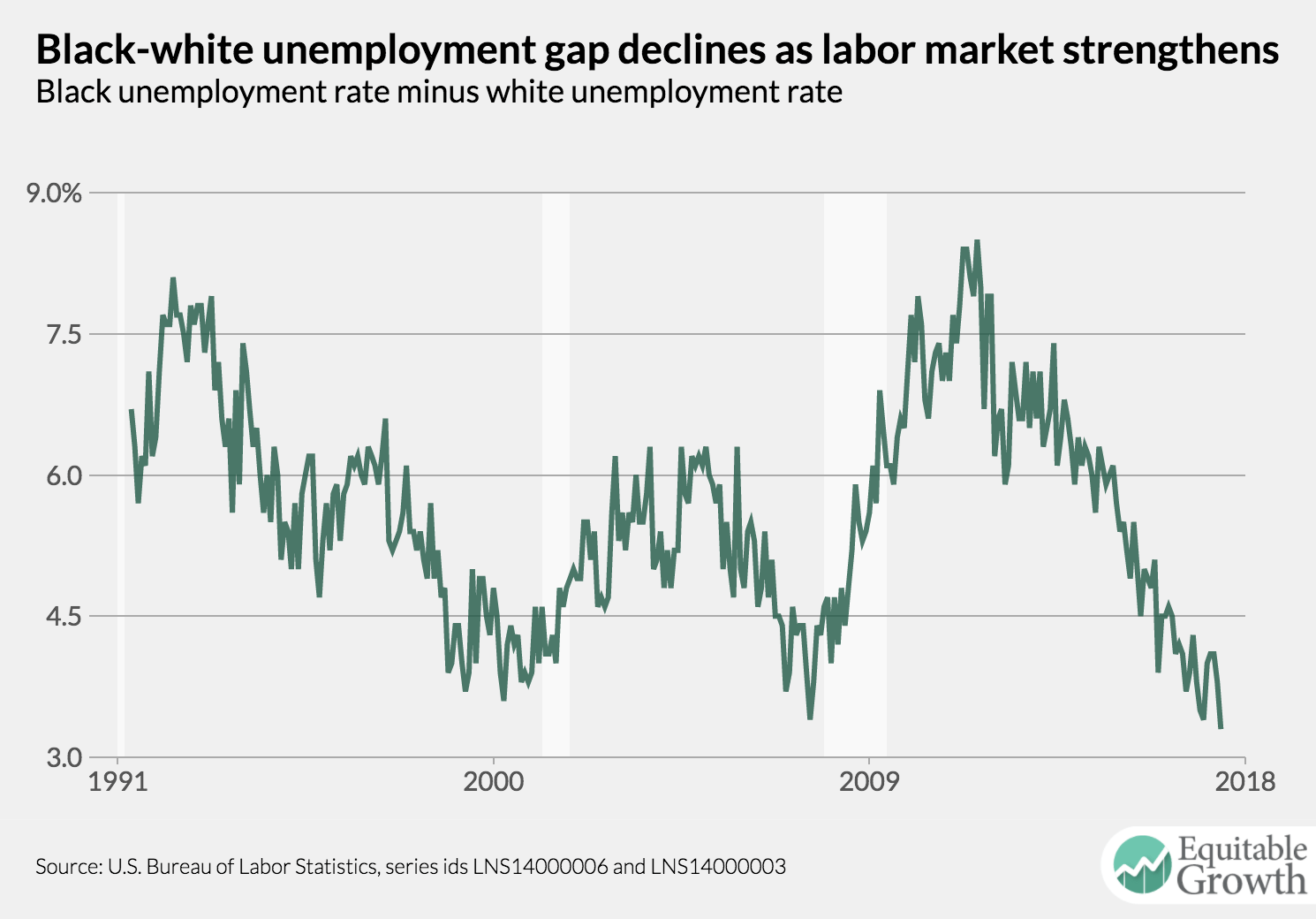Must-Read: Naughty, naughty, Marty…
You know better.
You say: “Patients in the Oregon Medicaid study show no significant improvement in clinical physical health outcomes”. You know as well as I do that you should say: “Patients in the Oregon Medicaid study showed the expected and clinically significant improvement in physical health outcomes, but the study had low statistical power, and so the researchers could not dismiss, at conventional levels of statistical significance, the possibility that the improvement was due to chance.”
Back in the early 1980s you used to try very hard to teach your students not to confuse statistical significance with economic significance.
What has happened?
Martin Feldstein: How Would Health-Care Reform Affect Patient Health?: “People who qualify for Medicaid do receive substantially more care than those without formal insurance… https://www.project-syndicate.org/commentary/us-health-care-reform-medicaid-cuts-by-martin-feldstein-2017-07
…have substantially lower out-of-pocket medical costs… much less likely to skip paying other bills because of medical debts or to have nonmedical bills sent to collection. If reform legislation reduces Medicaid benefits, the individuals who lose benefits would continue to receive free care in outpatient departments, emergency rooms, and as hospital in-patients…. Individuals who are billed for services understand that providers generally do not attempt to collect from low-income patients. Moreover, those who are no longer in the Medicaid program do not lose care from the many doctors who now refuse to serve Medicaid patients because of the low fees allowed in the program. The most important fact to bear in mind is that enrollees in Medicaid show no significant improvement in clinical physical health outcomes. This was the main finding of a large “natural experiment” supported by the federal government…


